Enterprises in Shandong's Wucheng county seek innovation-driven growth
At an equipment production line in Wucheng county of Dezhou, Shandong province, workers are busy producing specialized heat recovery ventilators for livestock farms.
Sun Dongbin, chairman of Wucheng-based Xingheng Environmental Technology Group Co, said that the ventilators, which have been developed independently by his company, can effectively prevent cold stress in livestock and poultry when there is a significant temperature difference between indoor and outdoor environments.
"More importantly, they save heating costs by 50 to 60 percent on average," Sun said, adding that the company has so far received orders for more than 1,000 units of such ventilators.
The result of the company's constant efforts to push forward research and development, the specialized heat recovery ventilators have filled a gap in the niche livestock farming sector in the country, he said.
The company has so far earned six national patents and has been selected for a provincial demonstration project. This year, the company also made it onto Shandong's list of gazelle companies, which refer to young, fast-growing and innovation-driven enterprises that are often found in the technology industry.
"For Chinese companies, especially private enterprises, lack of product originality and gradual loss of cost advantages were the biggest bottlenecks hindering their development on the global stage," Zhou Qiren, a professor at Peking University's National School of Development, said in an earlier interview.
"To gain an edge globally, Chinese companies should pour money into promoting originality and uniqueness of their businesses to earn extra profits and investment. They should invite the best minds in the world to make better products and innovate," Zhou said.
By consistently increasing investment in R&D and being more focused on specialized arenas, Xingheng is just one such private tech company in Wucheng, where innovation-driven growth has become a consensus among enterprises.
In 2022, Wucheng's R&D investment reached 641 million yuan ($89.86 million), accounting for 3.14 percent of its total investments. There are 101 major industrial enterprises engaged in R&D activities in the county, accounting for 61.96 percent of the total.
In addition, over 100 enterprises in the county have forged collaborative relationships with more than 50 renowned universities and research institutions, such as Tsinghua University and the University of Science and Technology Beijing.
As the growing momentum in R&D is expected to become a new engine for high-quality growth, the nation will further advance the development of elite small and medium-sized enterprises that specialize in niche markets, boast cutting-edge technologies and show great potential, according to the tone-setting Central Economic Work Conference, which was held earlier this month.
In China, such SMEs are mostly private enterprises.
"The Chinese economy will continue gathering momentum if the private sector, including smaller businesses, remains sound, given that many SMEs are being increasingly recognized for their role as leaders in new concepts and new business models," said Wang Peng, a senior researcher at the Beijing Academy of Social Sciences. Wang added that amid a global economic slowdown, supporting the private economy is important.
Song Xuetao, chief analyst at TF Securities, said that this year's economic conference intensified the emphasis on policy implementation in terms of support for the private sector, as it said a number of measures to further support and strengthen private enterprises will be carried out by the country, including better market access, access to factors of production, fair law enforcement, and protection of rights and interests.
Song Xiangqing, a professor of government management at Beijing Normal University, said: "The government wants to remove those barriers that hinder the development of private enterprises. The government also aims to enable private enterprises to participate in market competition at a higher level and in a larger field. It would activate the intrinsic ability of private enterprises to innovate and become more competitive on the global stage."
Wei Qijia, head of industrial economy research at the State Information Center, said: "Such an effort is important. It not only demonstrates the country's determination to support the development of the private sector, but also conveys a crucial signal to encourage, support and guide its development through tangible measures."











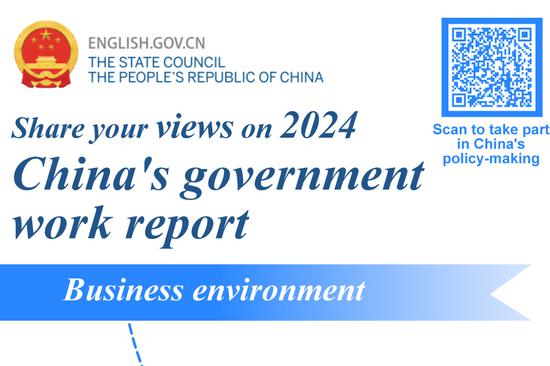

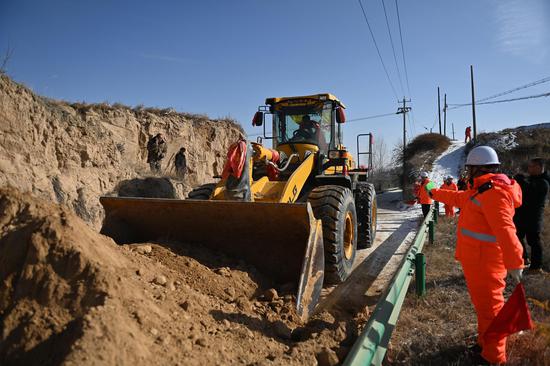
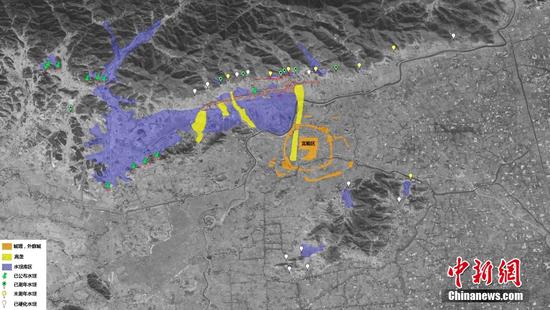
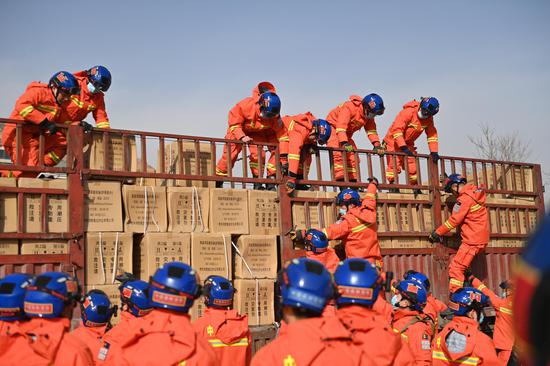
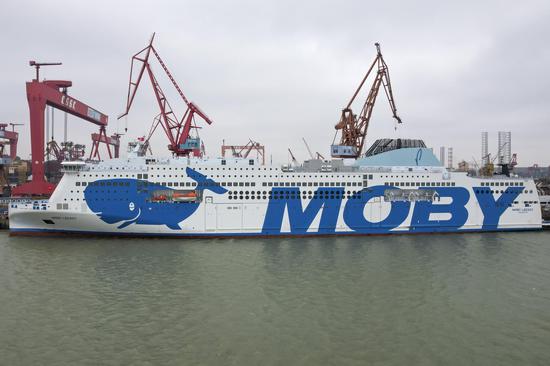






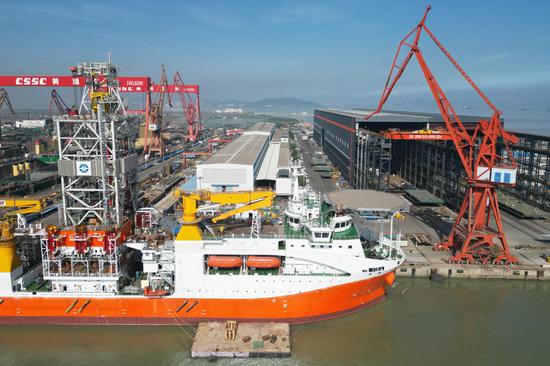

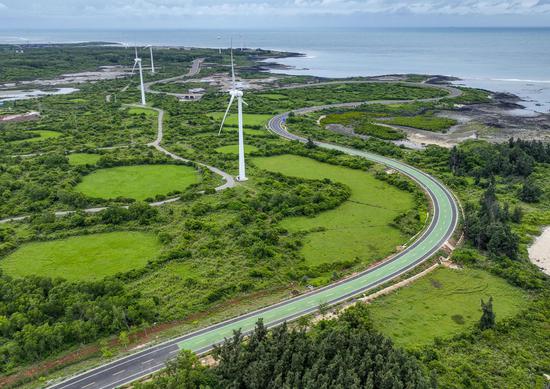
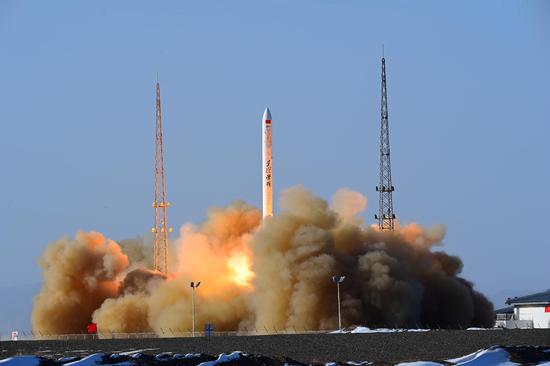



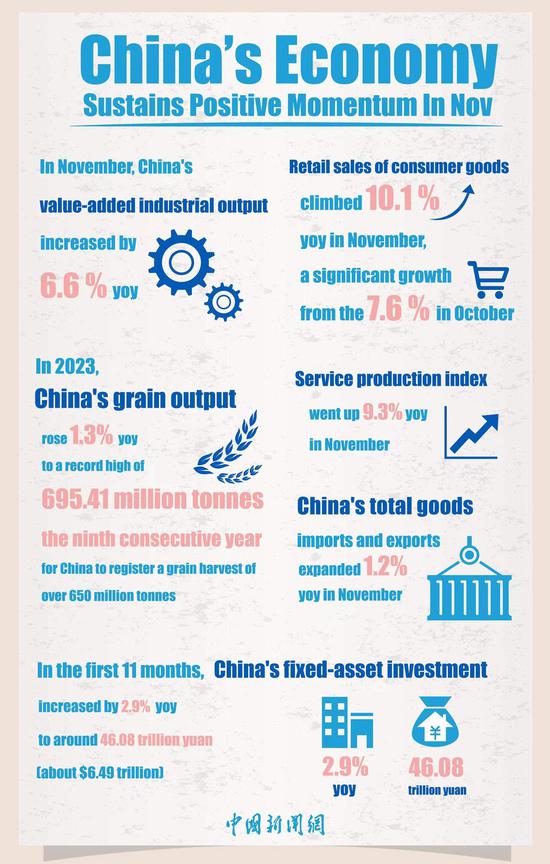



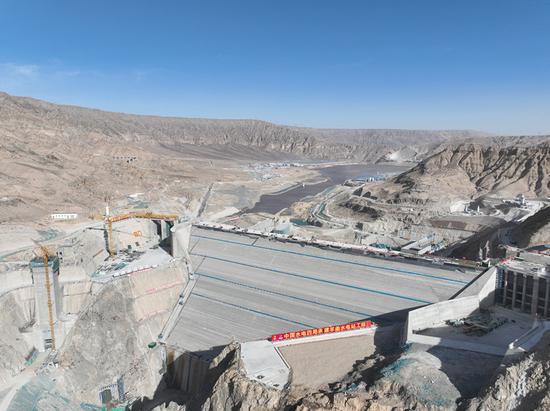





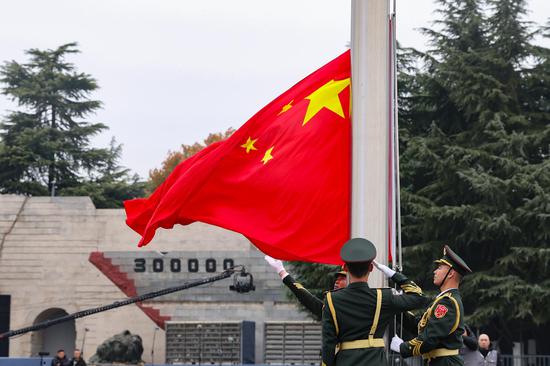

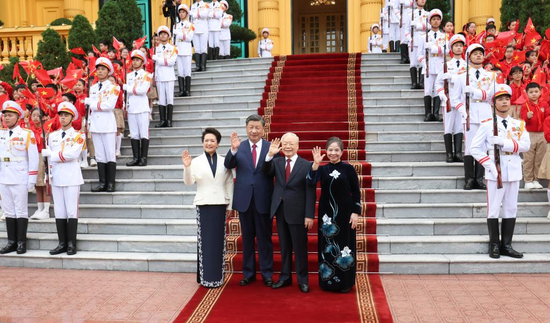
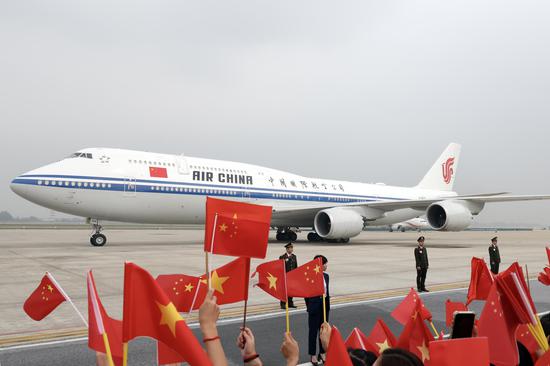






 京公网安备 11010202009201号
京公网安备 11010202009201号